Thermoplastics Petrochemicals Textiles 03-06-2019 - Arhive
Thermoplastics Petrochemicals Textiles
Polymers Petrochemical Polyester Prices
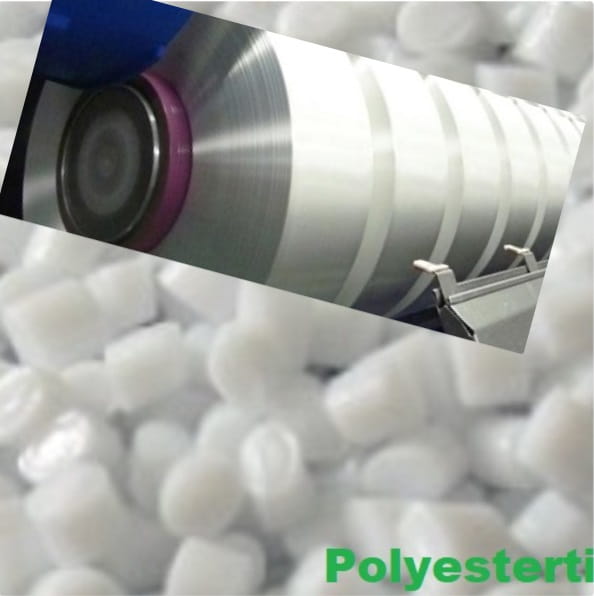
Crude Oil Prices Trend

-Henan Kaixiang Chemical will close Henan’s PBT plant in early June due to poor market conditions
Chinese company Henan Kaixiang Chemical plans to stop production at a polybutylene terephthalate (PBT) plant in Yima (Yima, Henan Province, China) in early June due to an unfavorable market situation, ICIS reported.
At present, it is not yet known how long this enterprise with a capacity of 100 thousand tons of PBT per year will stand idle.
Earlier it was noted that this plant operated at full capacity in May. So, in early May, the company brought the capacity utilization to 100%, and before that, on April 15, Henan Kaixiang Chemical lowered the utilization rate to 50% for economic reasons.
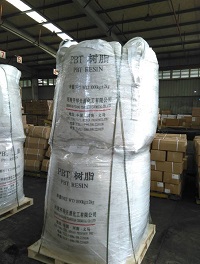
-Asia Polymer to boost EVA output, capitalizing on prices
Plastic material maker Asia Polymer Corp (亞聚), a subsidiary of USI Corp (台聚), is to switch production lines from low-density polyethylene (LDPE) to ethylene-vinyl acetate (EVA), as EVA prices show stability.
EVA is used in foam rubber for sneakers, casual shoes and solar panel film, while LDPE is used in plastic bags, plastic containers and computer components.
![]()
-Australian firm gets oxo-biodegradable trademark
A small Australian company has received approval for the nation’s first certified trademark for oxo-biodegradable plastic products.
Alex Andrews established Melbourne-based OxoPak Pty. Ltd. to certify oxo-biodegradable plastic products.
“There’s a lot of misleading information out there,” he said.
Andrews first lodged applications for four certified trademarks for OBP products in 2017. But the Canberra-based, Federal Government-operated Australian Competition and Consumer Commission rejected all four in November 2018.
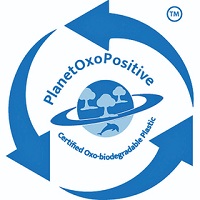
-Committee issues food-contact recycling decisions
A European panel approved the use of two technologies to recycle post-consumer PET into food and drink packaging, but it rejected a third application, citing inadequate decontamination testing.
The decisions were made by the Panel on Food Contact Materials, Enzymes and Processing Aids (CEP), which is part of the European Food Safety Authority (EFSA).
In the European Union, recycled plastics and additives can only be used in food and beverage packaging if they’re first reviewed by EFSA for safety. Recycling companies submit applications to individual countries, which apply to the EFSA on their behalf.
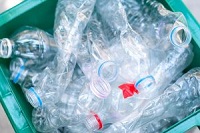
-Companies offer PET-recycling-friendly labels
A labels provider is selling a pressure-sensitive label that cleanly separates and floats during the PET recycling process. Meanwhile, a chemical company unveiled two recycling-friendly shrink sleeve label products.
Pressure-sensitive offering
Lightning Labels, which prints labels for manufacturers, announced on May 14 it is selling CleanFlake Labels, a material provided by Avery Dennison.
Pressure-sensitive labels can prove problematic in the PET recycling process when their adhesives fail to separate from plastic, inks bleed and facestocks sink with PET flakes.
CleanFlake, which can be used on bottles or thermoforms, uses a water-based adhesive that cleanly separates from the PET flakes in the hot caustic wash, according to a press release from Lightning Labels. The label then floats in the float-sink tank, the inks won’t bleed, and the adhesive won’t disperse into the PET.
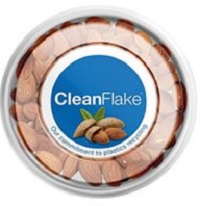
-U.S. To Sanction Iranian Oil Buyers Without Exception
The United States will sanction any country that tries to buy Iranian oil after the sanction waivers expired on May 2, regardless of whether said country had reached its negotiated cap under the exemptions, the U.S. Special Representative for Iran, Brian Hook, said, clarifying earlier comments that resulted in speculation that the U.S. would allow countries that hadn’t reached their cap of Iranian imports to continue buying oil from Iran until they reach that cap.
“Our firm policy is to completely zero out purchases of Iranian oil — period,” Hook told Bloomberg News in a statement on Thursday.

-ITMA 2019 Exhibitor Preview: DORNIER
modern weaver faces many challenges: Digitalization is advancing deeper and deeper into the fabric of the production chain, sustainability requirements are growing more demanding, new employees and experienced technicians are thin on the ground. Flexibility in manufacturing is turning into an existential question. At the upcoming ITMA, DORNIER will present answers to these trends – in the form of the latest weaving machines and weaving solutions.
When the subject of sustainability is raised, businesses are often called upon to take the lead. Lindauer DORNIER is doing precisely that, as enshrined in one of our seven guiding principles: “We strive to design and manufacture our products so that they are as safe and environmentally compatible as possible.” This commitment was formulated by the company founder, Peter Dornier over three decades ago.

-Mideast petrochem producers need to get a move on
Their lower cost base should be used to tackle competing US exports
Middle East petrochemicals producers have enjoyed decades of market leadership, but now have to adapt to new competition from the US and the Middle East’s own client base in Asia. How can the historic epicentre of fossil fuels sharpen its competitive edge?
For now, the Middle East dominates global polyethylene (PE) exports, controlling around 80 per cent of supply going into Asia and around 60 per cent into Europe. The region is expected to remain the largest global PE supplier in terms of net export trade, with S&P Global Platts Analytics expecting the region’s surplus to hold at around 12 million metric tons (mt) in 2019 and move to 16.9 million mt by 2029 — a staggering 40 per cent climb.
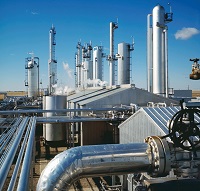
Crude oil prices were stable on Sunday (June 2) compared to the previous close.
The price of Brent oil was $61.99 and US WTI crude was $53.50.
The Organization of the Petroleum Exporting Countries (OPEC) and its Russia-led allies agreed on December 7 to slash oil production by more than the market had expected.
They decided curb output from January by 0.8 million barrels per day versus October levels while non-OPEC allies contribute an additional 0.4 million bpd of cuts, in a move to be reviewed at a meeting in April.
OPEC, Russia, and several other producers began to reduce supply in January 2017 in an attempt to erase a glut. They have extended the pact until December 2018.
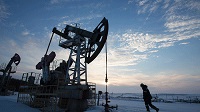
-ITMA Sustainable Innovation Award finalists unveiled
Barcelona – CEMATEX, the European Committee of Textile Machinery Manufacturers, has unveiled the finalists of the second ITMA Sustainable Innovation Award.
The award comprises two categories: ITMA Industry Excellence Award which celebrates the collaboration of ITMA exhibitors and their customers, and the ITMA Research & Innovation (R&I) Excellence Award for Master’s students of R&I Pavilion exhibiting institutions.
Mr Fritz P. Mayer, President of CEMATEX, and one of the judges of the Industry Excellence Award said: “CEMATEX launched the ITMA Sustainable Innovation Award in 2015 as part of its ongoing efforts to recognise outstanding industry members and post-graduate students for their contributions to the sustainable development of the global textile and garment industry.”
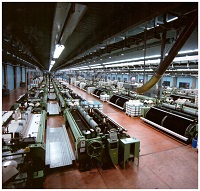
Candiani SPA Denim
-SANITIZED AG invests in customer-specific development of antimicrobial masterbatches
A specially designed twin-screw extruder in the SANITIZED AG TecCenter has allowed even faster development of new masterbatch combinations and the manufacture of test amounts of polymers with individual antimicrobial additives.
This investment especially allows the targeted, customer-specific development of antimicrobial masterbatch qualities in nearly any type of polymer.
The selection of the appropriate antimicrobial active ingredients depends on the defined protection goals, on their compatibility with the relevant processing methods of the semi-finished product suppliers or final customers if they have an impact on the manufacturing procedure.

